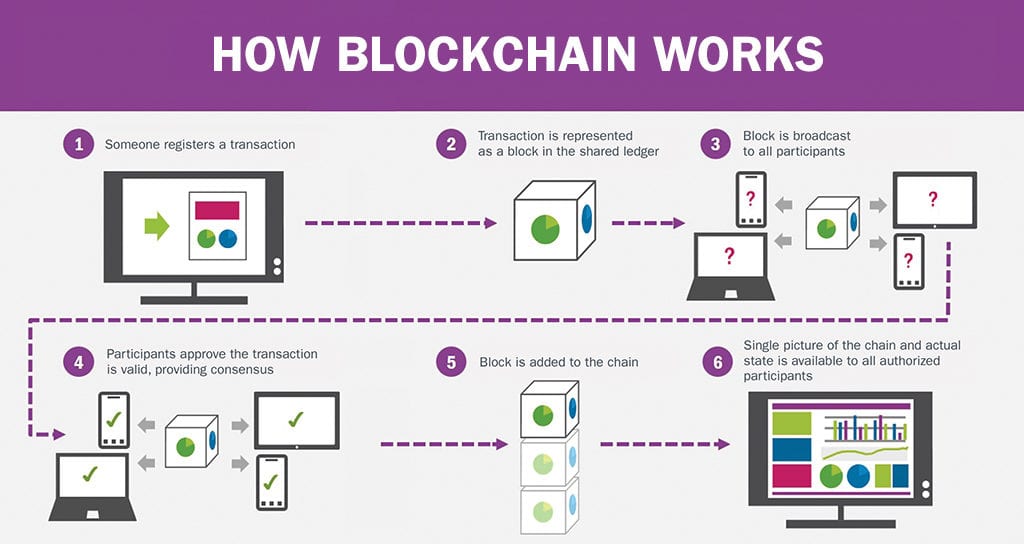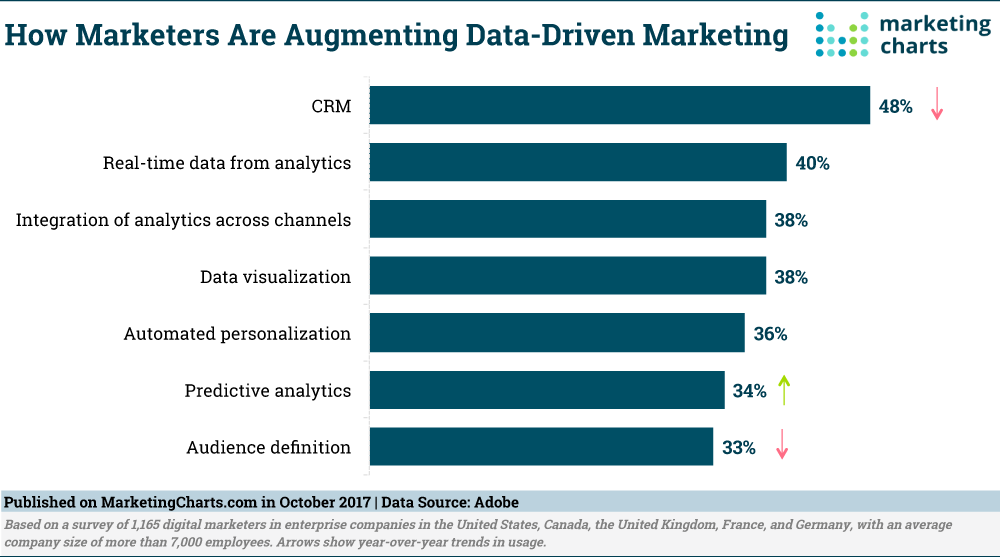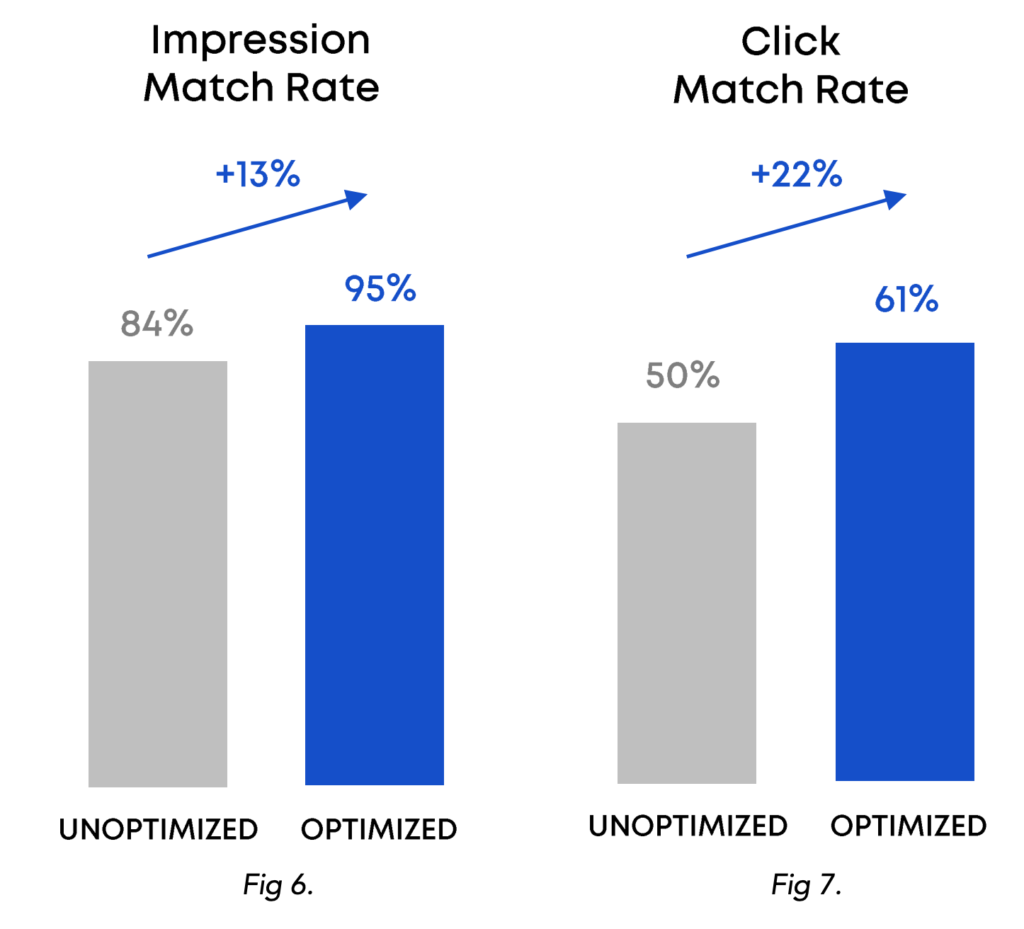You’ve probably heard a lot of hype about blockchain recently, but in case you’re still not certain what this exciting, emerging technology is, here’s a quick recap.
Blockchain technology was created in 2008, with the development of the bitcoin cryptocurrency. This was made with the intent to show how money could possibly exist as an object outside of central government control. (For context, 2008 was the peak of the financial crisis and bank bailouts).
What gives blockchain this potential is its underlying technology. Essentially, a system of “blocks” (recorded information) that are linked together in a timestamped chain. This timestamp defines a fixed order of the information, as all blocks are linked in a chain.
So that’s not too different from what a central computer can do, but here’s the clever part. All users of that particular blockchain have an identical copy of the chain. Each time new information needs to be added to the chain, it must be verified by the chain’s users. Therefore any attempts at adding false information can be easily prevented, as no one user alone has the power to do so.

This is how blockchains support a decentralized monetary system – all transactions are anonymously recorded in the blockchain, but false transactions cannot be added so fraud becomes a lot harder. Security and transparency are default features of a blockchain.
Over the past decade, many more uses for blockchain have been uncovered. From managing patient health care records, to creating digital governments. The number of use cases for blockchain is very high and marketing is another of those industries that will benefit greatly from this tech.
What benefits does blockchain technology bring to marketing and advertising?
1. Transparency in data and privacy laws
In the era of big data, marketing is data driven at all levels. But on the flip side, whilst marketers have more information than ever about their customers, there’s more potential to chase the wrong rabbits and waste plenty of dollars.

Statistics indicate that enterprises still have not reached full data driven marketing capabilities. Perhaps legacy technologies just aren’t as good as blockchain for this use.
In a recent report by GroupM, the world’s biggest advertising media company, it is noted that within such a complex data ecosystem – with new data privacy regulatory hurdles such as GDPR – rising costs has led to intense scrutiny of existing marketing data solutions.
Blockchain is seen as an attractive proposition in this space – because it can relatively quickly modernize “clunky, inefficient and only partly digitized processes.” For example, blockchain’s ability to aggregate all data onto one chain, and with pure anonymity with respect to the consumer, allows the marketer to comply with GDPR in real-time as they collect data from their customer.
Data security is also improved, thanks to the innate abilities of blockchain technology. Even within a company, access keys to write data to the blockchain can be limited to only senior management. So even though this data is anonymous, customer data is far less likely to be accessed or hacked by users with improper intentions.
2. Cut out middlemen and lower costs
Marketing platform developers Emarsys also foresee blockchain improving costs and operational efficiency by removing the need for middlemen. The technical term for this shift is decentralization.
To understand what a marketing middleman is and how blockchain bypasses them, let’s take a look at the example of Google Adsense and digital advertising.
A new company wants to have their advertising banner on the internet, but they aren’t sure how to do this and they don’t trust the process enough, believing they might be scammed by websites. So they do the usual thing and go to Google Adsense as the middleman.
Google already has a list of credible ad hosting spaces, as well as the expertize to have your banner online relatively quickly. For the host themselves, they can trust that Google will not allow any malicious or unsavory adverts to appear on their site. So, for a small fee, Google acts as the middleman and is the key to the integrity of the advertising domain.
However, with a blockchain based system, trust is implied by the blockchain. This allows advertisers and hosts to interact directly with one another, lets say via a universal AdChain (for example Ubex). In this scenario users must verify new advertisers/hosts, advertisers/hosts have more flexibility, and adverts become more cost effective without a middleman to take a relatively hefty fee.
3. Optimizing impact at impression level
The natural consequence to having a blockchain driven, transparent and yet anonymous marketing strategy is that impact at the impression level can be optimized. As touched above, anonymous recording of consumer data at the impression level is much more efficient and cost effective with a blockchain.

A 2019 report by blockchain project Lucidity found that blockchain can optimize true impression / click rates compared to unoptimized (by blockchain) detection.
This data complies with GDPR and other data requirements, and can be used by marketers in real time to give an anonymous digital profile of each individual customer. A single digital profile can be tracked much the same way that an individual bitcoin wallet can be tracked, but with full anonymity to who the owner is.
Marketers can then use this to target ads better to each individual profile. From a consumer point of view, they will see adverts more in line with their own interests, rather than often seemingly random adverts. This will help to breed more trust in the advertising industry from a consumer perspective too – a factor which must be considered in these scenarios.
What will the future of blockchain in marketing look like?
It is an exciting time in marketing, as marketers are realizing the benefits of technology and data available to them. As technology becomes more prominent in the domain, blockchain has huge potential in transforming the whole marketing cycle.
Above are some of the ways blockchain will change marketing, but it is not limited to benefits for the marketer only. Blockchains can allow for a reward-incentive for consumers who interact with marketers, so blockchain brings changes to both sides of the transaction.
And in combination with other technologies, such as machine learning for further automation to improve the marketing mix – the ultimate goals of 1) improving cost efficiency and 2) improve end customer experience, are being realized.

Recent Comments